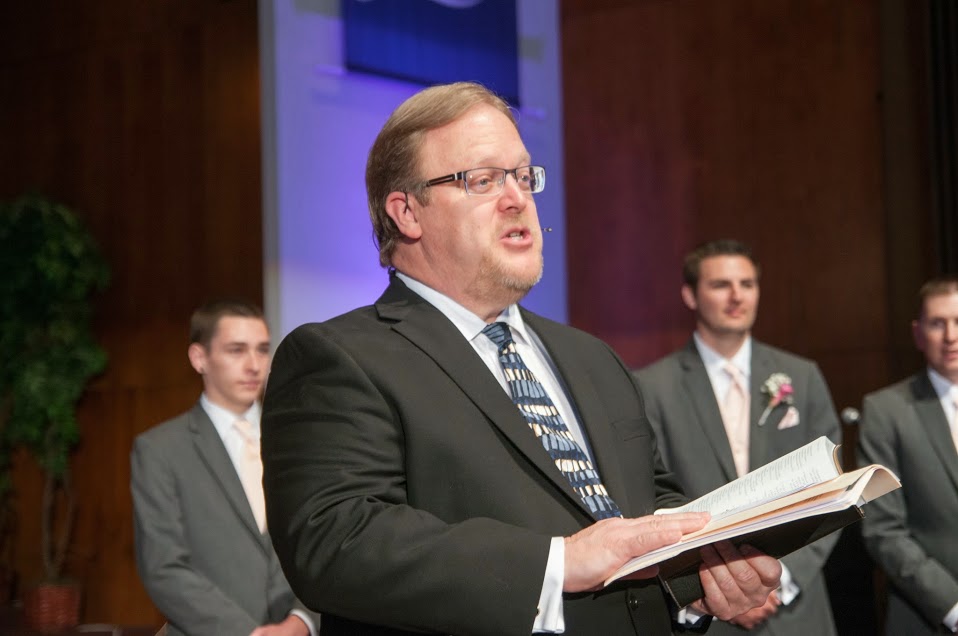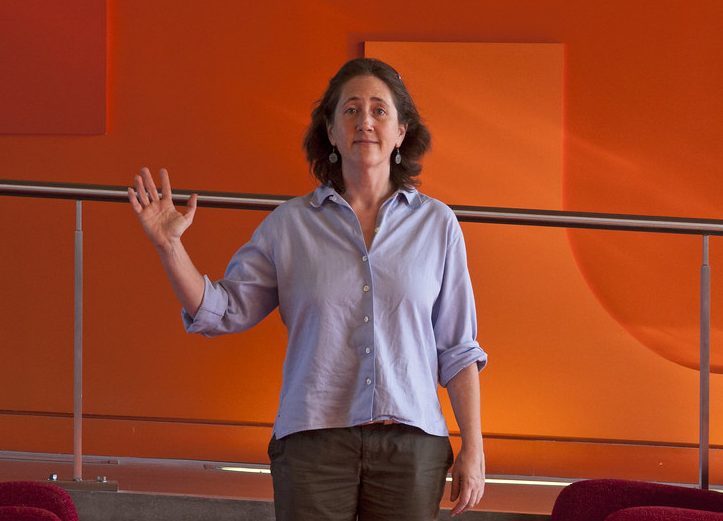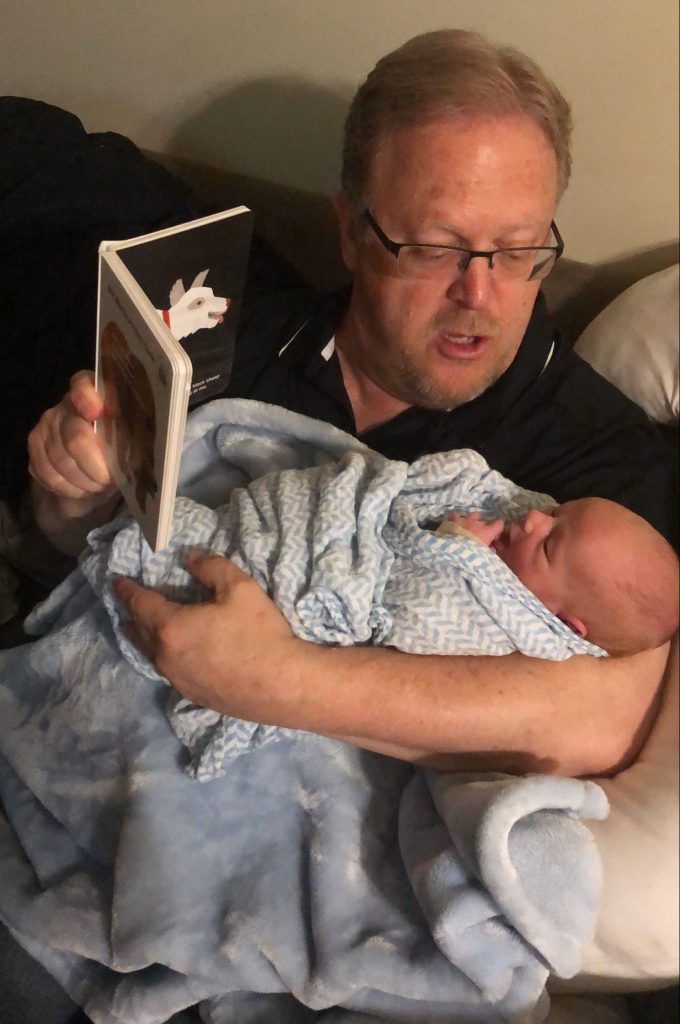Authorized readers have special access to millions of digitized books through the Internet Archive’s program, connecting patrons with print disabilities to a vast digital library.
Doug Wilson says he’s a bit of a “bookaholic.” As senior pastor of a nondenominational church in West Covina, California, he surrounds himself with books at his office and study at home.

“I’m a voracious reader and love learning,” said Wilson, who recalls taking a wagon to the library every week as a kid and bringing back a stack of books. “I find life intriguing.”
The 64-year-old said his vision has never been great, but within the last year noticed it was worsening. Wilson was struggling to read print with small font sizes or in low light. An avid user of the Internet Archive, he learned about the Archive’s program for users with print disabilities, which allows authorized users to skip waitlists for the ebook collection and download protected EPUBs and PDFs. Wilson applied for the program and was granted access, with great results.
“It’s so helpful to be able to have multiple resources open at once on my computer,” said Wilson, who looks up material online from ancient thought to contemporary theology for his sermons. “It’s been wonderful to find something on just about anything.”

Signing up for the program was easy and fast, said Wilson. Students and researchers associated with a university can obtain access through their university library or student success center. For those outside higher ed, the process is run by Jessamyn West at the Vermont Mutual Aid Society, who receives requests through an online form from patrons around the world. People who qualify for the program include those with blindness, low-vision, dyslexia, brain injuries and other cognition problems who need extra time to interact with materials. Since October 2018, West has welcomed more than 5,600 users into the program.
“It makes a real difference to people’s lives,” said West. “Especially nowadays when many people are stuck at home and working with limited resources, having a world of accessible books available to them opens doors and expands horizons. I’ve seen people checking out books on drawing and painting, books about art history and comparative religions, and just a lot of fiction. The collection is truly extensive.”
With expanded access to digitized books, Wilson said he has been reconnecting with works written by many of his mentors through the digital theological collections. “It’s been a profound gift to discover those books that have been influential in my life. Getting access has been another way to be encouraged and mentored even from a distance,” said Wilson, adding he is in a season of life when many of those people are passing away. “The service has been so generous and a supplement to my own library.”
Being able to find the exact resource he needs from home and late at night is a convenience that Wilson said he values. Wilson has enjoyed books from Marygrove Library, a collection full of religious and social justice materials that was recently donated and made available online.
In an era with competing forms of information and disinformation, Wilson said the Internet Archive is important. “Wisdom is hard to come by,” said Wilson. “We are barraged with data in our culture. It can be hard to ferret out what’s real. To have access to actual information and works that have stood the test of time is a godsend.”
To learn more about the Internet Archive’s program for users with print disabilities, and to verify eligibility, please visit the program web page.
